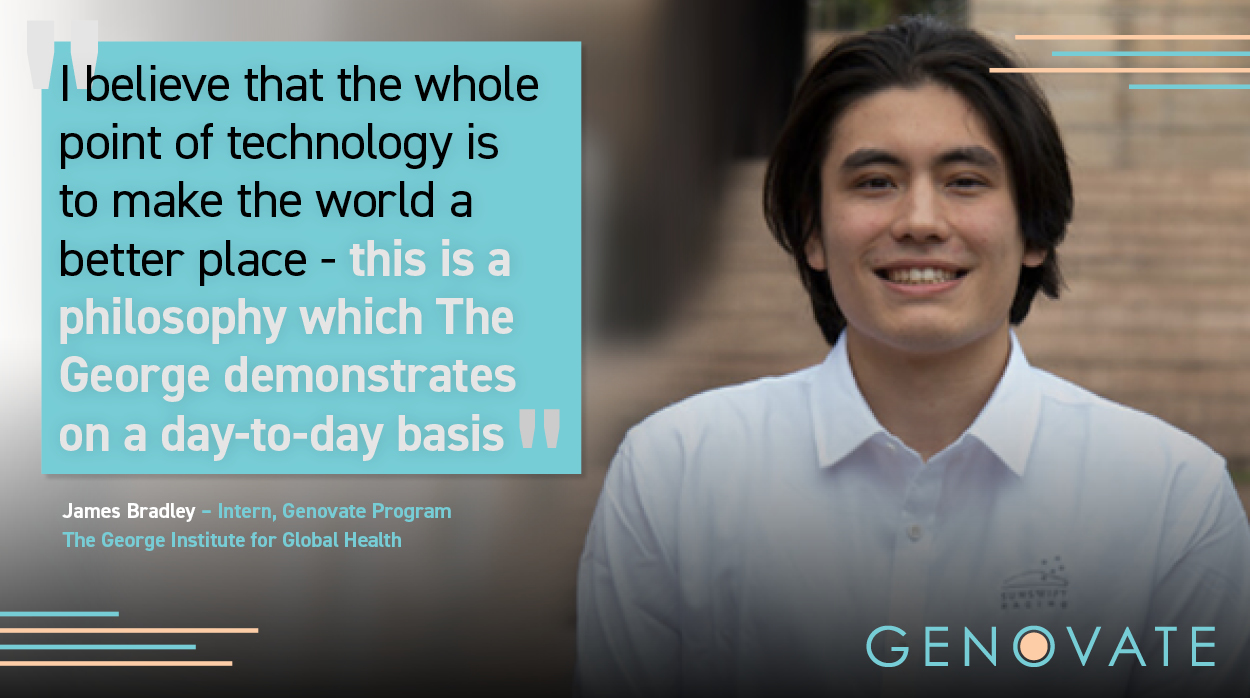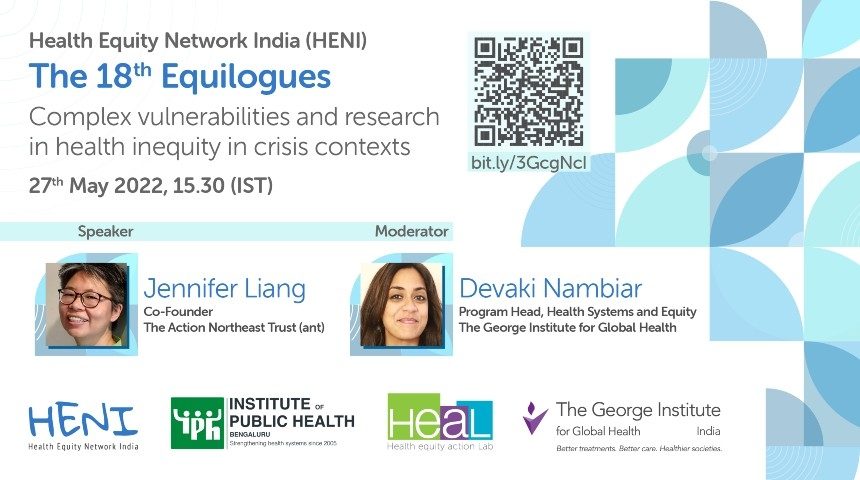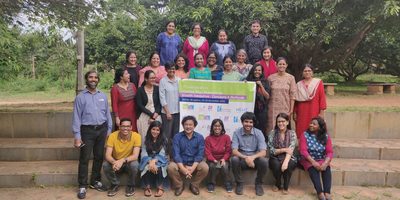To mark International Clinical Trials Day, we asked Laurent Billot, Director of Biostatistics and Data Science at The George Institute for Global Health, and internationally recognised clinical triallist, about his current work and his thoughts about the future of clinical trials.
“We use clinical trials to build evidence. Evidence that aims to inform clinical practice worldwide and, ultimately, improve health outcomes for individuals and communities globally.”
The George Institute works with partners to conceptualise, develop, and deliver innovative and impactful clinical trials, which Laurent notes are characterised by the following features.
Reducing trial ‘waste’
“Ensuring that clinical trials are efficient is crucial to limiting research ‘waste’,” he said. “This most commonly comes from the costs associated with poorly conceived research questions, inappropriate study design, failure to adequately report on all areas being analysed, and inefficient operational conduct.”
He outlined two key ways that trial efficiency can be improved - by design and through conduct.
“Trial design involves the development and application of innovative statistical methods including adaptive and pragmatic designs. The first involves adapting some elements of the design as the trial progresses (rather than waiting for the trial to end). A pragmatic trial evaluates a health intervention in a setting as close as possible to real-world conditions.”
He cited INTERACT3 as an example of an innovative pragmatic trial to explore the effectiveness of a care package that includes intensive blood pressure lowering in adults with acute brain haemorrhage.
“Adaptive designs help to generate new evidence in a shorter timeframe and better allow the trial to answer questions that may come up at the time,” he said.
Laurent is currently collaborating with colleagues at Imperial College London’s Clinical Trials Unit to review current practice and consider the potential impact of different adaptive designs in critical care trials. This includes a systematic review of recently completed critical care trials as well as simulations to identify the most efficient adaptive designs.
With regards to trial conduct, he notes there is a mismatch between the use of clinical trials as a means of providing evidence-based answers to clinical challenges, and the way clinical trials themselves are conducted, which is not always evidence-based.
“To try and address this, I’m jointly leading a new program based on the concept of Studies Within A Trial, or SWATs. This involves embedding a trial comparing different trial conduct methods – for example face-to-face versus remote visits - within an existent ‘host’ trial, with the aim of evaluating alternative ways of delivering or organising a particular trial process,” he said.
The George Institute is also one of a number of centres in the Trial Forge initiative, which aims to look across all trial processes with the intention of trying to improve them, even if only by a small amount, in recognition of the fact that these gains add up when done across the whole trial system.
The global environmental crisis also requires consideration of how clinical trials are impacting planetary health.
“The George Institute recognises that as health professionals we have a responsibility to minimise environmental harm in order to protect health."
"Clinical trials are a significant contributor to greenhouse gas emissions and pollution. We are exploring ways in which clinical trials might be ‘decarbonised’ - for example, by reducing energy use, streamlining patient recruitment and data collection and minimising travel,” he said.
“This is likely to be a key area of focus for future trial design.”
Improving relevance and transparency
The COVID-19 pandemic has underscored the role of clinical trials in providing rapid answers to how best to detect, respond, prevent, and prepare for global health emergencies.
But Laurent notes that speed must be coupled with transparency and relevance.
“Given that clinical trials seek to answer global health questions, there must be shared decision-making around what the most pressing questions are, such that this can inform funder priorities and optimise the applicability, representation, probity, and social impact of trial results,” he said.
“To ensure relevance, people with lived experience of the condition in question should be meaningfully involved in all aspects of a trial, including its design, management, conduct and dissemination.”
He believes that at their core, clinical trials must be participant (or ‘patient’) centred in order to promote trust which can help to boost trial recruitment, limit drop-out, and encourage engagement in future trials.
“Strong engagement of participants at all stages is crucial, for instance by asking them how they like to be communicated with, and when and how they would like to learn of trial results,” he said.
“This feedback loop should extend to capturing and assessing the participants’ experience of taking part in the research, in order to enhance future trial design and delivery.”
He notes that clinical trials of the future must also be transparent, openly detailing methods; for instance, by making templates publicly available to support the planning and reporting of statistical analyses.
“To aid reproducibility of published results, it is also crucial to make data and statistical code available.”
Better representation for all
Finally, he says clinical trials must be representative, which means promoting the participation of people who have historically been excluded.
“It’s important for investigators to ensure diversity among trial participants in terms of race, ethnicity, age, socio-economic status and other characteristics. Unless there is a valid reason not to do so, researchers should include pregnant women in trials, as well as equal percentages of women and men.”
While not all trials will have a positive result, ensuring diversity among participants can not only help to meet the clinical or public health objectives of trials, but can also help to ensure the acceptability of their findings in practice.
“… and means that the research we are conducting will provide answers that will help the whole community, especially those who are currently underserved, which is the essence of the work we do at the Institute.”
To find out more about The George Institute’s work on clinical trials, explore our website, and find out more about Laurent’s work here.

















